Author: WildLifeFAQ (Mark Jess)
-
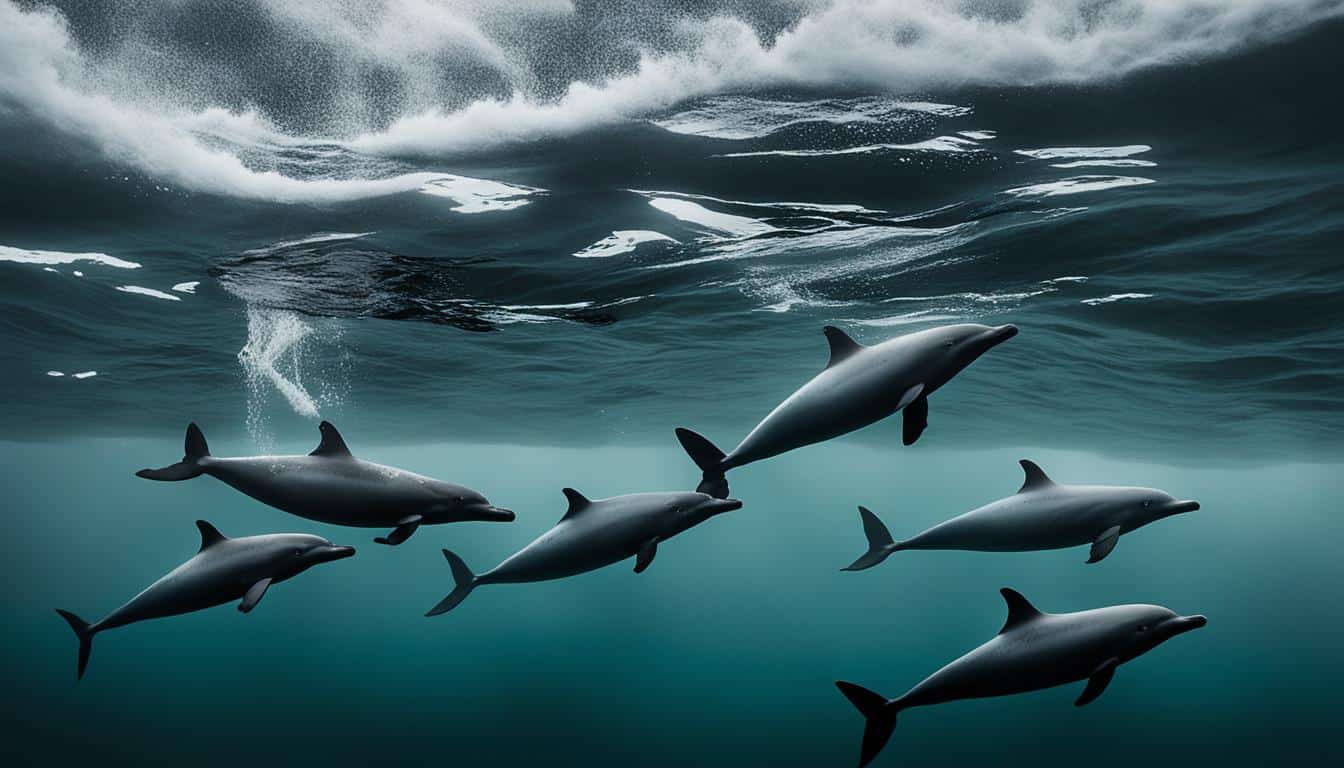
Are porpoises endangered?
The concern about porpoises, especially the vaquita, is very high. Are porpoises endangered? Their numbers are going down fast, putting their survival at risk. The vaquita is close to disappearing, showing how important it is to act now to save them. Knowing why their numbers are dropping is key to understanding the issue. This article
-
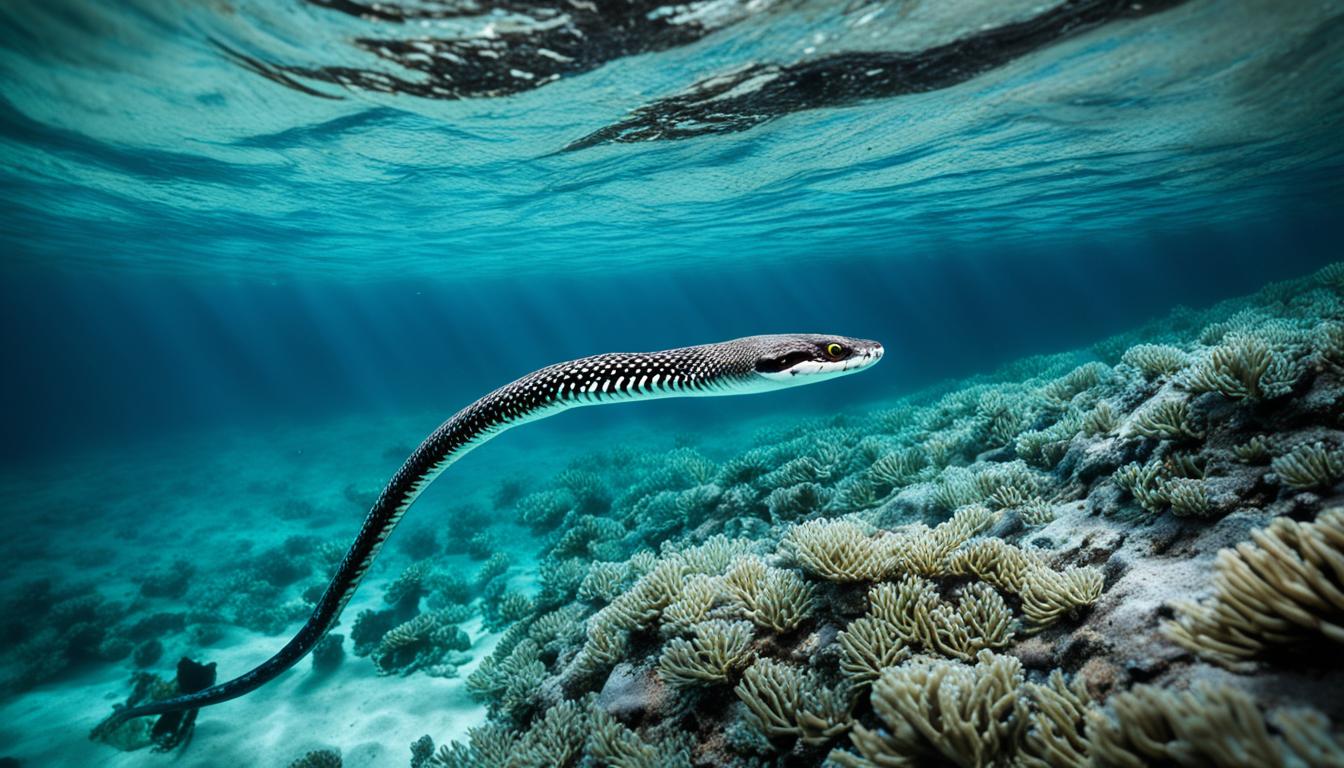
Are sea snakes dangerous to humans?
Have you ever wondered if sea snakes are dangerous to humans? These intriguing creatures live in the warm waters of the Indian and Pacific Oceans. They are found in specific areas and are known for their venom. But, the danger they pose is not as scary as it sounds. There are 57 recognized species of
-
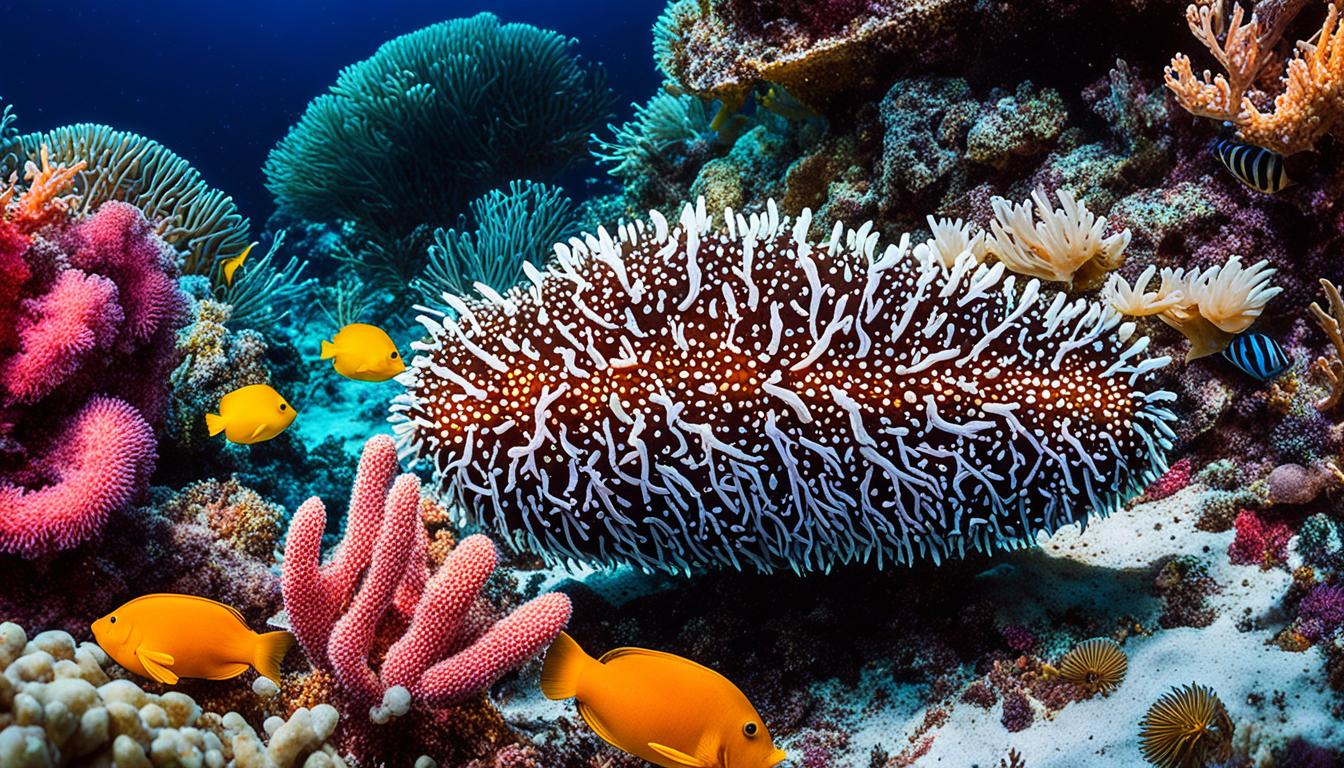
Are sea cucumbers endangered?
Have you ever wondered if sea cucumbers are endangered? These creatures are vital for keeping the ocean floor clean. They help maintain the health of marine life. But, their numbers are dropping due to high demand and overfishing, making 16 out of 1,716 species vulnerable or endangered. It’s crucial to understand how human actions and
-
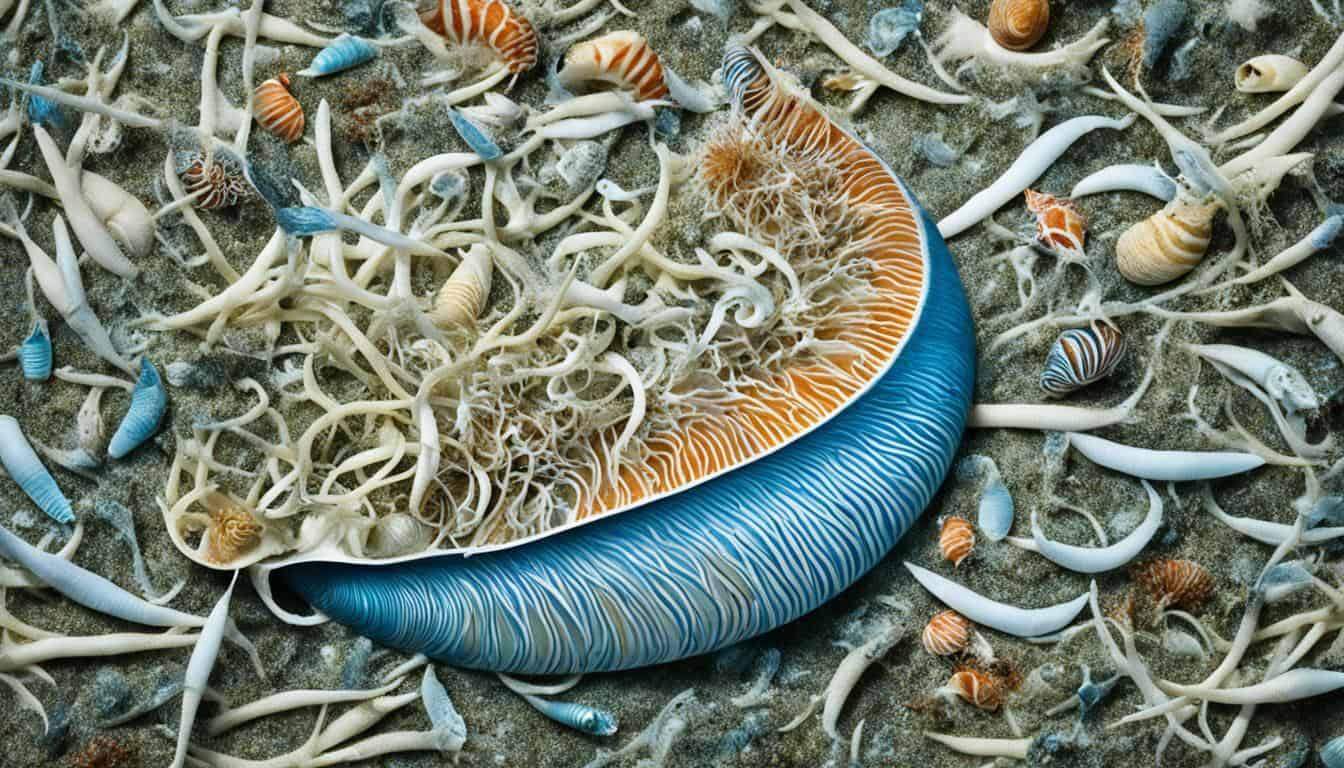
Are nautiluses endangered?
Are nautiluses endangered? This question highlights the worrying decline in their numbers. The Nautilus pompilius species is listed as “threatened” due to human actions. These actions include overfishing and destroying their homes. Nautiluses have a hard time reproducing, making them more at risk. This raises concerns about their future. It’s crucial to understand their conservation
-
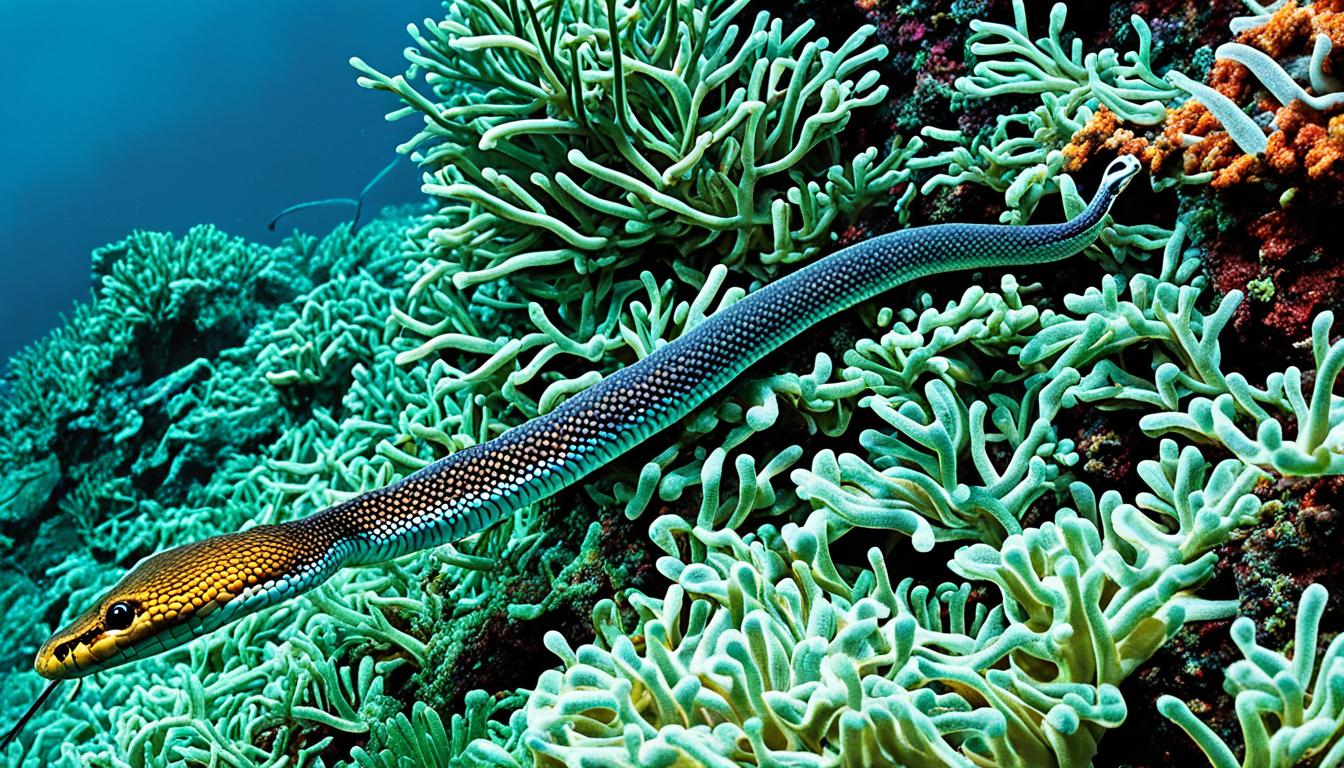
Are sea snakes endangered?
Sea snakes are fascinating creatures that live in the ocean. They have caught the attention of many people, making us wonder if they are endangered. To understand this, we need to look at where they live and the threats they face. Some sea snakes live in warm coastal waters from the Indian Ocean to the
-
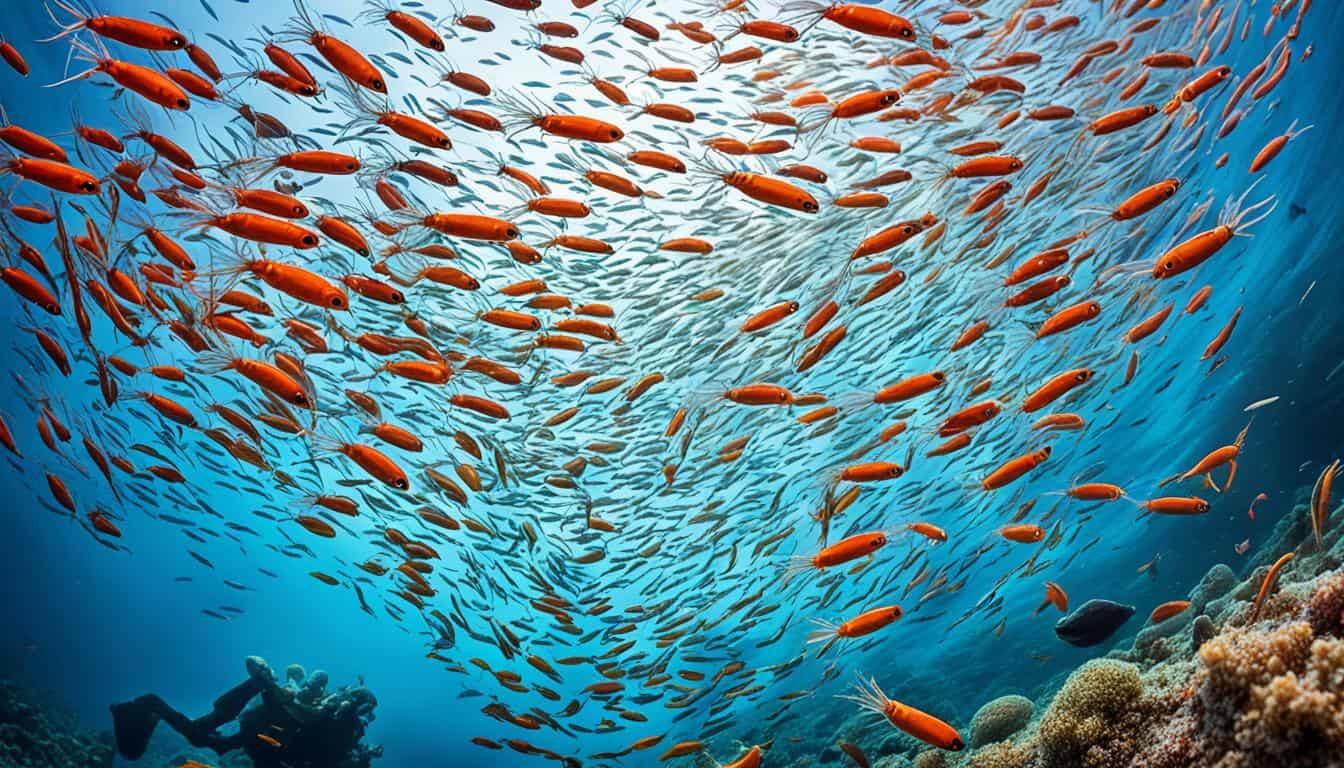
Are krill endangered?
Are krill endangered? This question is becoming more important as we learn how vital these small crustaceans are to our oceans. Krill live mainly in the Southern Ocean and have a huge population of 300 million to 500 million metric tons. Even though they’re not endangered yet, their conservation status is worrying because of many
